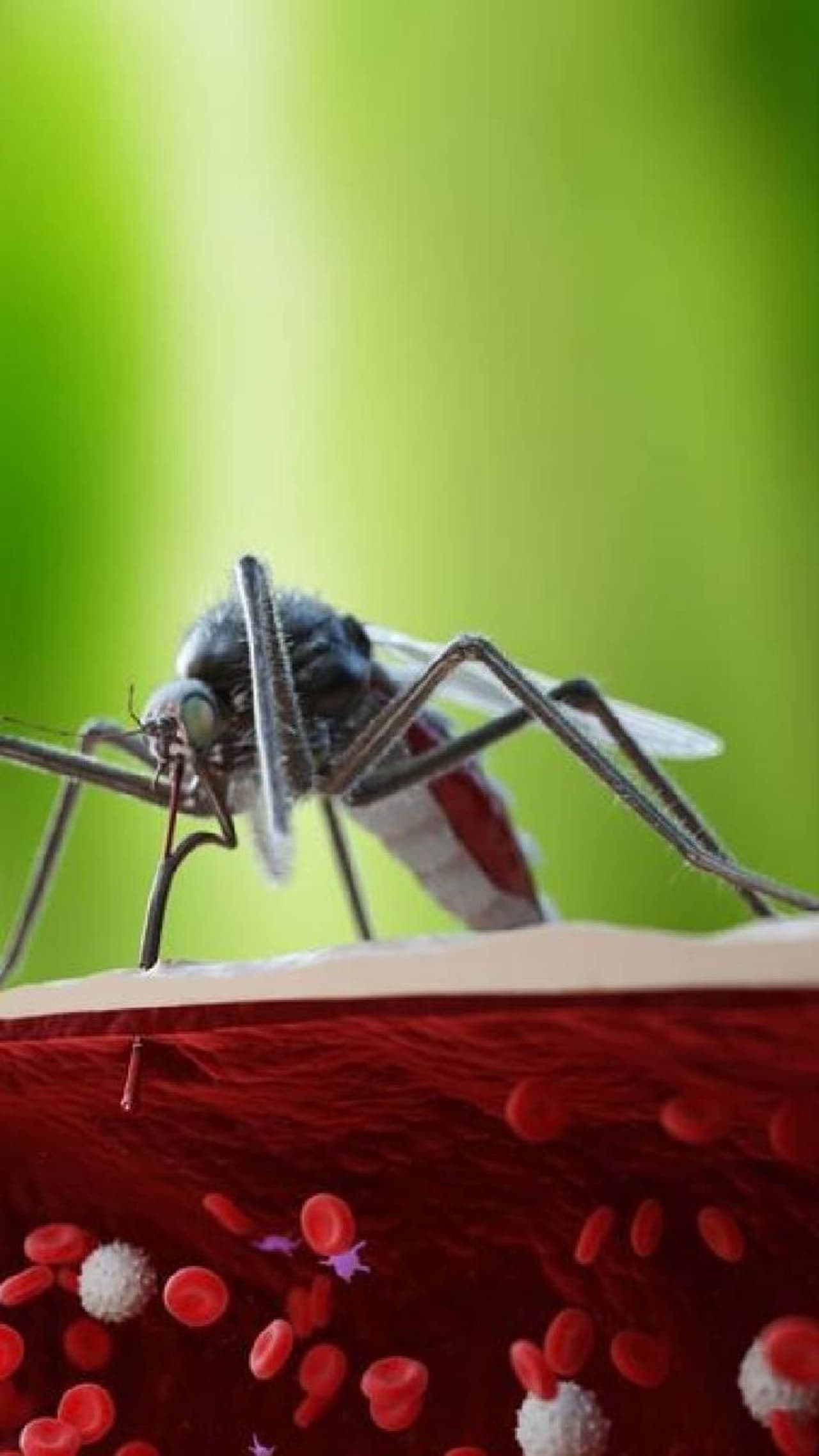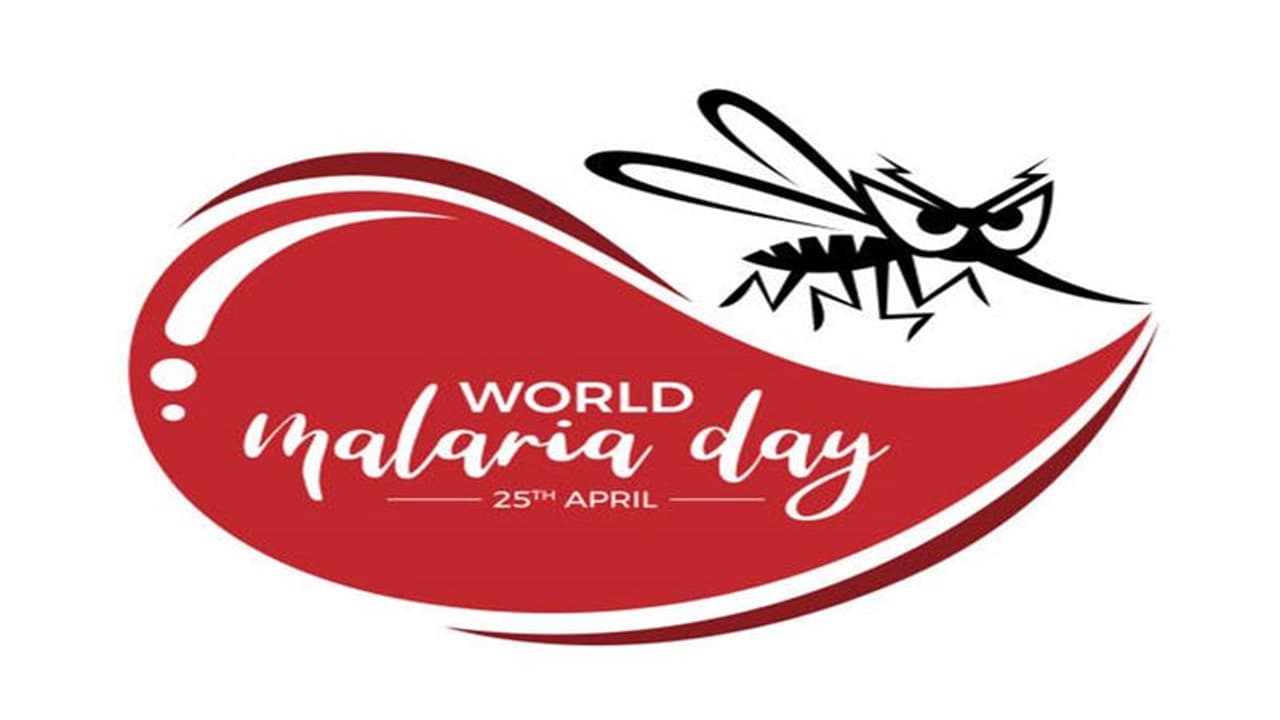World Malaria Day 2024: Malaria & dengue, both mosquito-borne, differ in symptoms, causes, & treatments. Malaria, caused by Plasmodium, tends to be deadlier. Dengue, caused by a virus, has lower mortality. Prevention involves mosquito control & awareness. Globally, both remain significant health threats
Malaria and dengue, two prevalent mosquito-borne diseases, share similarities in transmission and symptoms but possess distinct characteristics. As World Malaria Day prompts awareness, distinguishing between these diseases is crucial for effective management and prevention.


Malaria:
Definition: Malaria, an infectious disease, results from the Plasmodium parasite transmitted by Anopheles mosquitoes.
Symptoms: Fever, chills, sweats, headache, muscle aches, nausea, vomiting.
Causes: Caused by the Plasmodium parasite transmitted through infected Anopheles mosquito bites.
Risk Factors: Travel to endemic areas, lack of preventive measures like bed nets or insect repellents.
Diagnosis: Microscopic examination of blood smears or rapid diagnostic tests for Plasmodium antigens.
Treatment: Antimalarial medications such as Chloroquine, ACTs, tailored to the Plasmodium species and drug resistance.
Dengue Fever:
Definition: Dengue fever, a viral infection, is caused by the dengue virus transmitted by Aedes mosquitoes, notably Aedes aegypti.
Symptoms: Sudden fever onset, severe headache, eye pain, joint and muscle pain, rash, mild bleeding.
Causes: Spread by the dengue virus through Aedes mosquito bites.
Risk Factors: Residing in or traveling to dengue-endemic regions, insufficient mosquito control, lack of immunity to the virus.
Diagnosis: Blood tests to detect the virus or antibodies.
Treatment: Supportive care to alleviate symptoms; no specific antiviral treatment available currently.
Comparative Analysis:
Symptoms: Malaria presents with flu-like symptoms, while dengue symptoms include severe headache and joint pain.
Causes: Malaria is caused by a parasite, while dengue results from a virus.
Risk Factors: Malaria risk factors include travel to endemic regions, whereas dengue risk factors encompass inadequate mosquito control and immunity.
Diagnosis and Treatment: Malaria diagnosis involves blood smear examination, and treatment includes antimalarial drugs. Dengue diagnosis utilizes blood tests, and treatment focuses on symptom management.
Mortality Rates:
Malaria tends to be deadlier, particularly in regions with limited healthcare access. Severe malaria can lead to fatal complications such as cerebral malaria or organ failure. While dengue can also cause severe illness, mortality rates are generally lower.
Preventive Measures:
Effective prevention involves mosquito control strategies like eliminating breeding sites and using insecticides. Additional measures include wearing protective clothing, using mosquito repellents, and implementing community-based control programs.
Both malaria and dengue pose significant health risks and require prompt attention. Understanding their differences facilitates accurate diagnosis, treatment, and prevention efforts, ultimately reducing their impact on public health.
Globally, malaria and dengue continue to be major public health concerns, underscoring the importance of sustained efforts in research, prevention, and treatment to combat these diseases effectively.
ALSO READ: Zero Shadow Day in Bengaluru today: What is the rare celestial event? Why does it happen?
